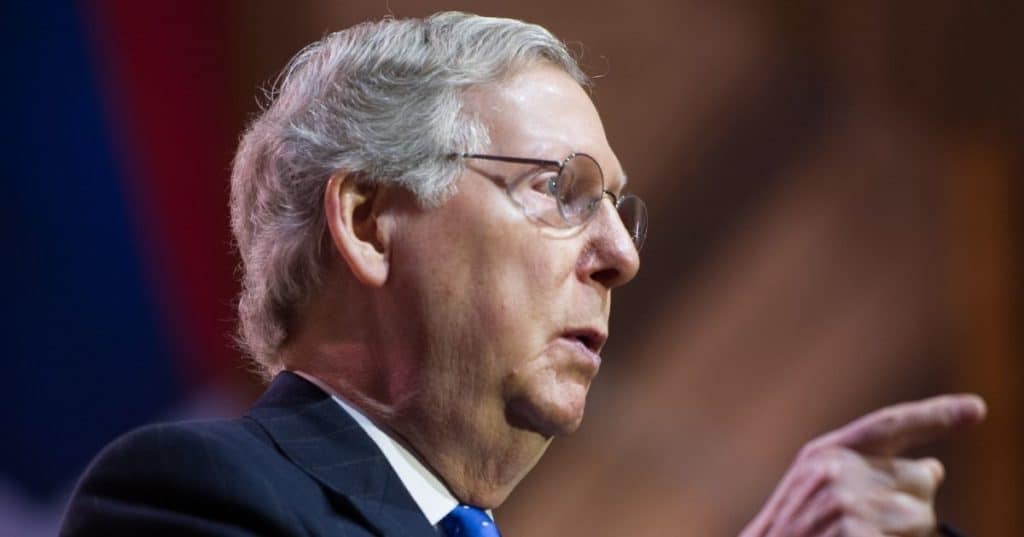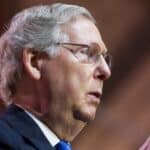



Former President Barack Obama reignited a long-standing controversy during a recent political rally in Milwaukee, Wisconsin, where he claimed that former President Donald Trump praised neo-Nazis after the 2017 Charlottesville protests.
LifeZette reported that Obama's statements came under scrutiny as multiple fact-checkers, including Snopes and the Associated Press, have repeatedly affirmed that Trump condemned white supremacists following the incident.
Obama spoke to a crowd gathered to support Kamala Harris, emphasizing various issues impacting minority communities.
During his address, he touched on familiar themes of unity and tolerance, linking these topics with a statement attributed to Trump. He suggested that Trump characterized neo-Nazis as "very fine people" in the aftermath of the Charlottesville unrest.
In response, established fact-checking organizations have clarified the situation regarding Trump's past remarks. Snopes and the Associated Press have both cited instances where Trump explicitly denounced white supremacists during his address after the events in Charlottesville. Their findings challenge Obama’s portrayal of Trump’s comments, which have been subject to interpretation over the years.
The 2017 Charlottesville protests, marked by violent clashes between far-right demonstrators and counter-protesters, engendered widespread public concern. Amidst the chaos, Trump held a press conference that sparked controversy. Some interpreted his remarks as equating both sides, while others noted his condemnation of extremists.
Obama’s rally speech in Milwaukee included various references to ongoing social and political tensions. In addition to criticism of Trump’s previous statements, Obama addressed topics such as anti-Semitism and Islamophobia. He reflected on the broader consequences of policies and rhetoric from Trump’s administration that have affected minority groups.
The former president expressed empathy towards Muslim-American and Jewish-American communities. “Maybe you’re Muslim-American or you’re Jewish-American and you’re furious about the ongoing bloodshed in the Middle East,” he asserted, alluding to the anger and fear these communities might harbor amid rising hostilities and prejudice.
Obama further criticized what he referred to as Trump’s “so-called Muslim ban,” signaling broader concerns about policies perceived as discriminatory. This measure, enacted during Trump's presidency, placed restrictions on travelers from several predominantly Muslim countries, drawing significant criticism both domestically and internationally.
Throughout his tenure, Obama has often spoken out against policies he views as divisive or harmful to social cohesion. His rally speech was consistent with his longstanding advocacy for inclusion and understanding among diverse communities.
The phrase in question, "very fine people," has been a focal point for criticism against Trump, suggesting sympathies towards extremist groups. This interpretation has been heavily debated, with counterarguments emphasizing Trump’s explicit condemnation of hate groups.
Obama’s remarks at the rally not only sought to highlight issues of racial and ethnic tension but also pointed to a historical narrative concerning Trump’s rhetoric. Such references aim to caution against a recurrence of divisive language and its potential societal impact.
The Milwaukee rally, primarily intended to shore up support for Vice President Kamala Harris, served as a platform for Obama to address wider electoral themes. His speech intertwined distinct threads of political discourse, including past controversies, current social issues, and future challenges.
This recent speech underscores Obama’s continued influence in the political arena and his commitment to confronting narratives he perceives as harmful. By revisiting the Charlottesville controversy, Obama not only criticizes past actions but also signals to voters the importance of character and rhetoric in leadership.
While the former president’s comments have sparked renewed discussion, the dialogue reflects broader societal divisions over history, identity, and the interpretation of leadership statements. The event in Milwaukee thus mirrors ongoing national conversations about accountability and ethical governance.



